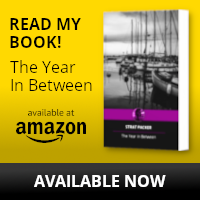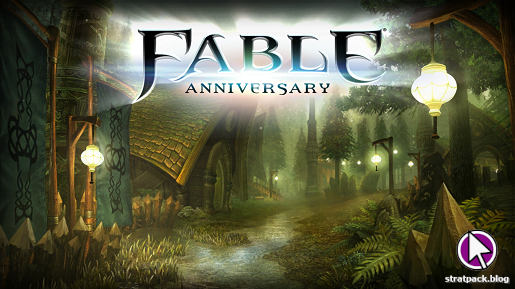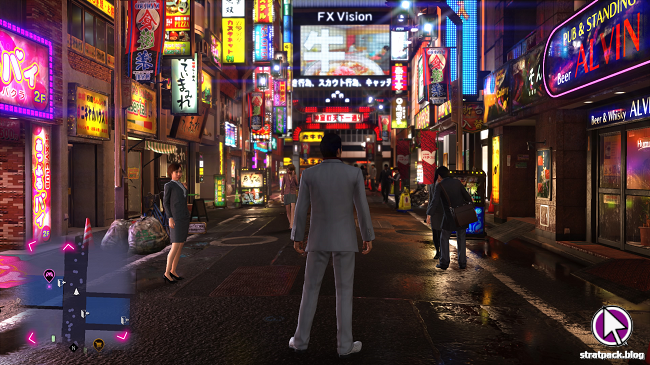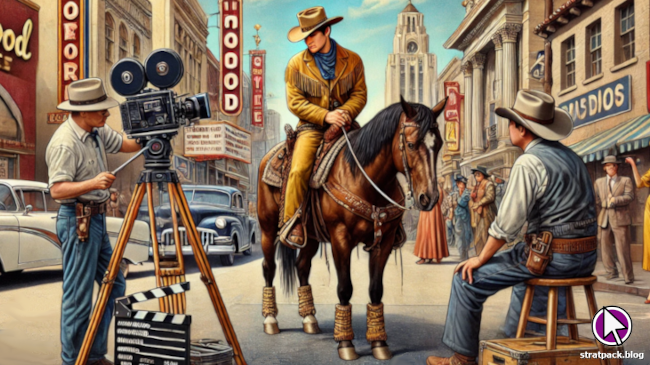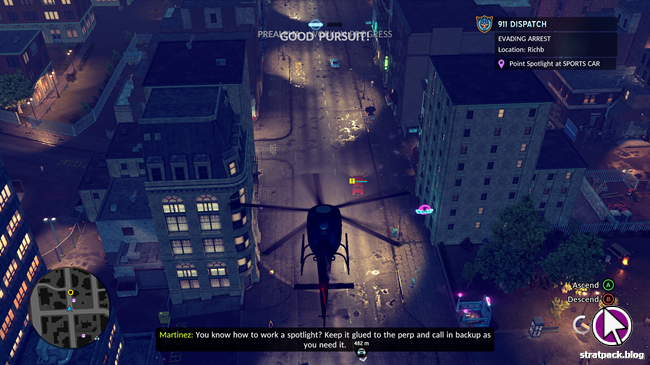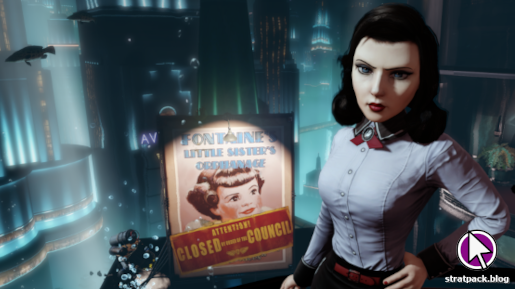
The Pathless Path: A call to action to escape your desk job
In The Pathless Path, Paul Millerd makes the case that life should be about more than work, and that people should invest more time and effort in finding their true calling - one that is more engaging and fulfilling than the daily grind.
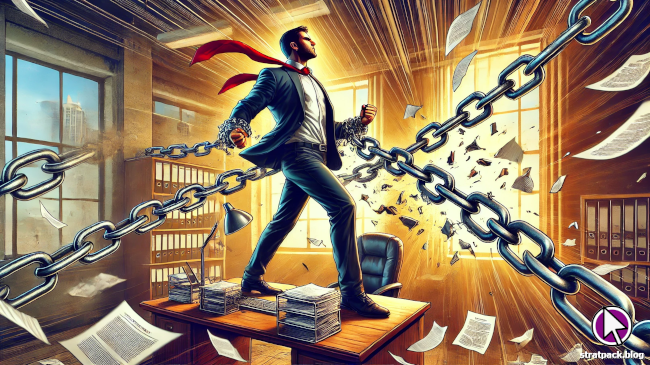
When Millerd’s own corporate consulting career was disrupted by health issues, he gained a new outlook on life. He left New York and spent time in Asia, first working freelance consulting gigs before developing online training courses and writing more. He found himself in a far happier place as a result.
He argues that too many people unquestioningly follow a default path, where regular raises and promotions make it easy to continue in an unfulfilling career and switch off the voice questioning your happiness. With sufficient coping strategies, Millerd says people can tolerate consistent misery almost indefinitely.
But if not that, then what else? The Pathless Path prompts readers to discover what they would be if they weren’t simply workers. By identifying what you enjoy doing, you can work backwards to build a life around that - ideally one that leaves you happier and better serves the people and communities around you.
It’s inspiring stuff. I often daydream about a future where I manage to make a living from a software as a service project, this blog, or some other creative endeavour. I have no doubt that I’d wake up with greater motivation each day if granted that kind of agency and freedom to focus on what interests me.
Millerd would argue that freedom is already there, but few actually recognise or take advantage of it. However, The Pathless Path almost overlooks the biggest factor that chains most people to their desks for 40 hours per week - money.
When the author left his corporate job, he managed to find income through freelance consulting and moved to Taiwan, where the cost of living is lower. He does mention that those on the pathless path must learn to view money differently, but his biggest obstacle through the book seems to be a fear of making a fool of himself, rather than dread of ending up completely broke.
I have a family to support and a mortgage to pay, and if I left my traditional career, I’m not confident I’d be able to find enough customers to avoid whittling my savings down to nothing and being forced to return to the rat race. Of course, I might be surprised if I ever did try it, but it feels as though holding a tolerable nine-to-five job is a necessary sacrifice to ensure long-term stability.
Therefore, The Pathless Path was more of an escapist read - something philosophically interesting that I’d be keen to try if the mortgage was paid off, I somehow came across a large sum of money, or a side project gained some momentum, but that didn’t provide a practical path from A to B for me.
3/5



